Feature
Should Shakespeare Still Be Taught In Indian Schools?
There was an announcement on my school’s notice board. A faculty member was organising an evening at the local theatre to watch Shakespeare’s Twelfth Night, performed by the members of a British theatre company called The Handlebards. The signup sheet was full. Nearly all children from bouncy young eight-year-olds to more sagely 16-year-olds had signed up. I have to admit, I was surprised and a little sceptical. I could not believe Shakespeare was that popular and I am ashamed to say I wrote it off as a passing curiosity. They think it will be great, but they won’t like it, I thought confidently, thinking of my own rather unhappy school experience with Macbeth and Hamlet.
When I was in the tenth and eleventh grade, my English teacher and I barely survived Shakespeare together. I could not understand how this irrelevant old man had come to dominate and ruin my favourite subject in the time table. How could this possibly be English, even? I could not make sense of it no matter how hard I tried. It was the only time I remember truly dreading the inevitable essay assignments that were once my favourite part of English class. I had since believed Shakespeare was not meant for school. I decided the entire experience was a waste of time and effort.
But, when I went to watch the play with 30-odd children, some parents and faculty, I found nearly everyone from the eight-year-olds to the 16-year-olds laughing loudly at the confusion and bawdy humour on stage. I had correctly predicted that most of them would not understand the dialogue and yet, their eyes never left the stage. During the interval, a small group of ten-year-olds pressed around me to ask questions and to catch up on the plot. Their eyes were shining, their faces bright. Even Shakespeare would have been surprised to find that ten-year-old Indian children, who could barely appreciate his dialogue, were so intensely caught up in his storytelling. It made me wonder if I was wrong and if Shakespeare still has a place in Indian classrooms.
Shakespeare’s plays came to India with the East India company in the 18th Century. The first recorded performances were in 1775 when they were staged for the entertainment of Europeans in Bombay and Calcutta. Slowly but surely, Shakespeare made his way into the English curriculum of schools and colleges. In 1822, the students in Hindu College in Calcutta staged a play in English. It stayed true to the English text and his plays were included as part of the English language learning process. I am not sure how learning Olde English could help anyone learn the language. It certainly must have confused students more than enlightened them, which is why Shakespeare was not performed in its original form by Indians for a long time outside of school and college auditoriums.
Eventually, in Bengal, the most anglicised province of the colony, Indianised versions of Shakespeare were performed. I wonder what Shakespeare might have thought had he heard that Macbeth was called Rudrapal or that Othello was renamed Bhimsinha and that both plays were entirely in Bengali now, with more culturally relevant changes in plot and setting. He might not have approved of the use of ritual and indigenous dramatic forms like the jatra, in which his plays were performed by theatre companies across rural Bengal in the 1960s. But it really was the only way Shakespeare could be made relevant to regular Indians.
This brings me back to my question – how were these young urban Indian kids able to relate to Shakespeare in a play with original dialogue? And was I wrong in believing that the writings of an old white guy (if he even really existed) from the 16th century had no place in modern India’s English curriculum?
In retrospect, I think that the children loved Twelfth Night not just because it is extremely funny – I mean who does not love a story about a woman who falls in love with another woman who is dressed like a man and who is actually in love with a man who is in love with the woman who is in love with her – but because of how it was performed on stage. Even on stage, the plot was bewildering and hard to follow. Had we been reading the play in a classroom, I think the children would not have appreciated Shakespeare as much as they did when they saw his story play out on stage. One child, at least, was so inspired that after watching the play she went home and read an abridged version of the play for herself. The Handlebards, with their high energy and hilarious rendition of those 16th-century lines, had made Shakespeare relevant to a set of 21st-century children who also believe that ‘Try Not to Laugh’ videos on YouTube are brilliant comedy.
This is what was lacking in my experience of Shakespeare as a teen. Shakespeare was presented to me as literature but Shakespeare is not literature. Shakespeare is theatre. Shakespeare can only truly be appreciated and understood when it is alive in performance and let’s be honest, which 15-year-old is really going to fall in love with Hamlet or Othello without someone to inspire that love. For a long time, educators have made many arguments in favour of Shakespeare in English classrooms. When I asked her, my colleague told me she did believe Shakespeare had a place in curriculum because of the timeless themes he explored as well as to show children the power of language.
These are valid arguments and I find other Indian teachers defending Shakespeare in the classroom for similar reasons. I think my colleague and those teachers who genuinely see the value in Shakespeare might be successful in getting children excited about it too because passion is infectious. Students, no matter what their age, get excited and want to learn when they see a teacher really excited and energised by the subject. In fact, in such cases often the teacher is not really teaching at all – he/she is just sharing a love – whether it is a love of paint or physics or poetry. And a student is not really studying at all, but really just absorbing that passion and interest which they will then explore on their own in their own time and space. But how many teachers in a classroom can really be passionate about Shakespeare year after year? In fact, how many teachers want it in their classrooms at all, if they really think about it?
I do not think Shakespeare is the granddaddy of understanding human nature. There are many, many wonderful writers from the 16th century till now, who have explored the various themes Shakespeare explored through his plays. Our English classes should aim to inspire students to read more, to explore the world and human nature through stories and it should also aim to teach students to use language to communicate effectively. Shakespeare might have been an effective communicator in his time, but if my son came home and started talking like: “Come hither, Mother, how like you, my painting?” I am sure I will be amused in the beginning, but not for long.
I have another argument against Shakespeare and it has to do with history. Our current education system is a reminder of our colonial history. Even today, 70 odd years after independence, the same old Anglophilic biases pervade our education system. This is especially true in the teaching of English as a language. For example, in an introduction to the 9th-grade unit on poetry, the NCERT textbook presents eight poets – four of the classical tradition – Donne, Milton, Blake and Coleridge, and four “closer to contemporary times” – Yeats, A.K. Ramanujan, Emily Dickinson and Kamala Das. Six out of eight poets are British with only two Indian poets making space on that distinguished list.
I feel it is time for us to start recognising that Indians have managed to Indianise English much like we have managed to do with everything else. Yes, English was imposed upon us once by a foreign imperialist power, but slowly, we’ve managed to make it our own. We have our own English language writers now to tell stories that relate to our culture and our history. While primary school lessons are fairly Indianised, I find that, as we climb the grades, our lessons lean heavily towards a Westernised curriculum, often ignoring just how global English is now. There are many high-quality English writers from the Indian subcontinent, Africa, and Australia-New Zealand who might give our students a wider perspective on the human condition as well as an understanding of how language is forever flexible and expansive.
Shakespeare does not have a monopoly on themes related to the universality of the human experience nor is he a relevant model to inspire future English writers and readers. He is one of many. Should he be forgotten? Certainly not. He will forever have a place in our study of theatre and film, but does he need to be in our English textbooks? I think he should move over and give others a chance now.
Do you think Shakespeare is still relevant today and should be taught in schools? Why? Share with us in the comments below.


Saisudha Acharya
Saisudha works at a small democratic school in Bangalore where she 'teaches' history, economics and anything else the children are interested in. She loves her job and one of the reasons she loves it is because she can drag the books she loves into conversations and lessons she plans. When she is not working, she is either reading or listening to books and podcasts. She has a particular soft spot for historical fiction, creative nonfiction, but mostly children's literature - even picture books get her excited. Her favourites are any books by authors like L.M. Montgomery, E.B. White, Kate Di Camillo and Neil Gaiman. Nothing can beat the high she gets when a child comes rushing back to her with a book that she recommended, telling her how he or she loved it and why.
Read her articles here.

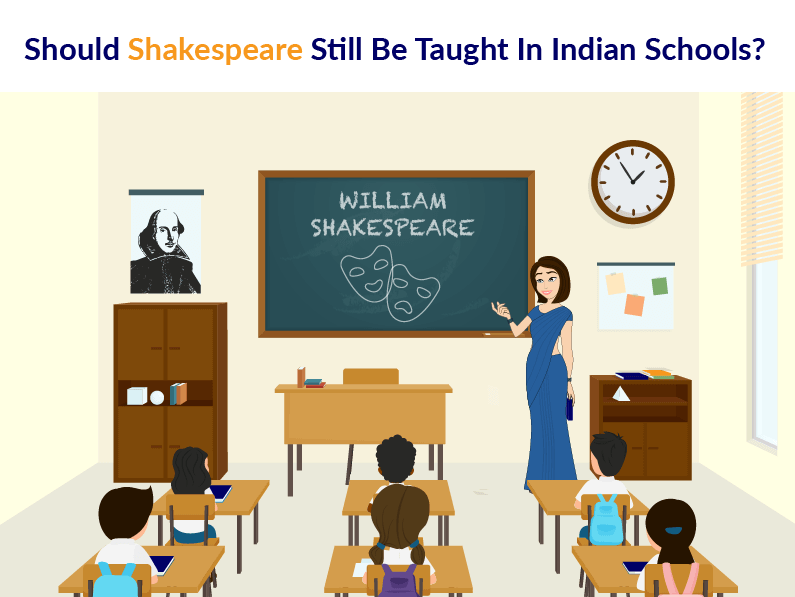
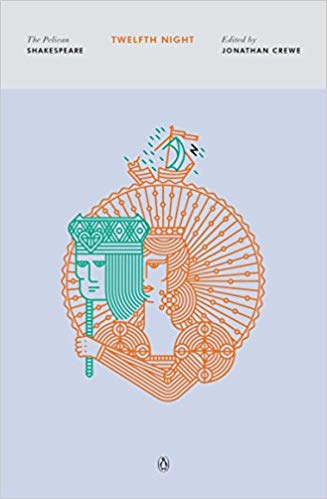
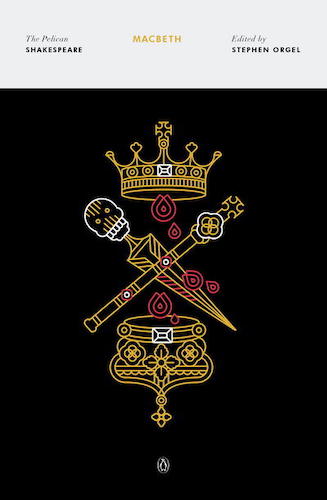
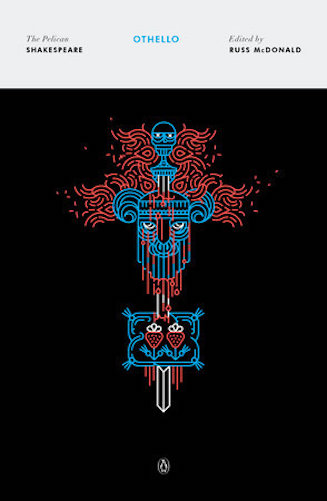
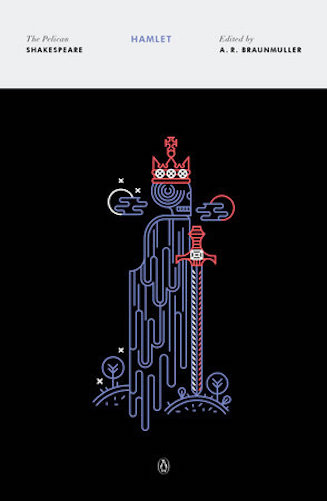


I loved the simple and realistic delineation of this article. While I am a huge fan of Shakespeare, as the writer says, it was a passion I imbibed from 2 very excellent English teachers and I hope I have passed on to some of my students.
While I would not write him or the old classics off completely , we definitely have a lot of contemporary literature which will interest students. I am all for inclusion!
I would beg to differ on what the writer says about the diversity and range that Shakespeare has on human themes. I doubt if there has been any English writer who has been this prolific and profound.